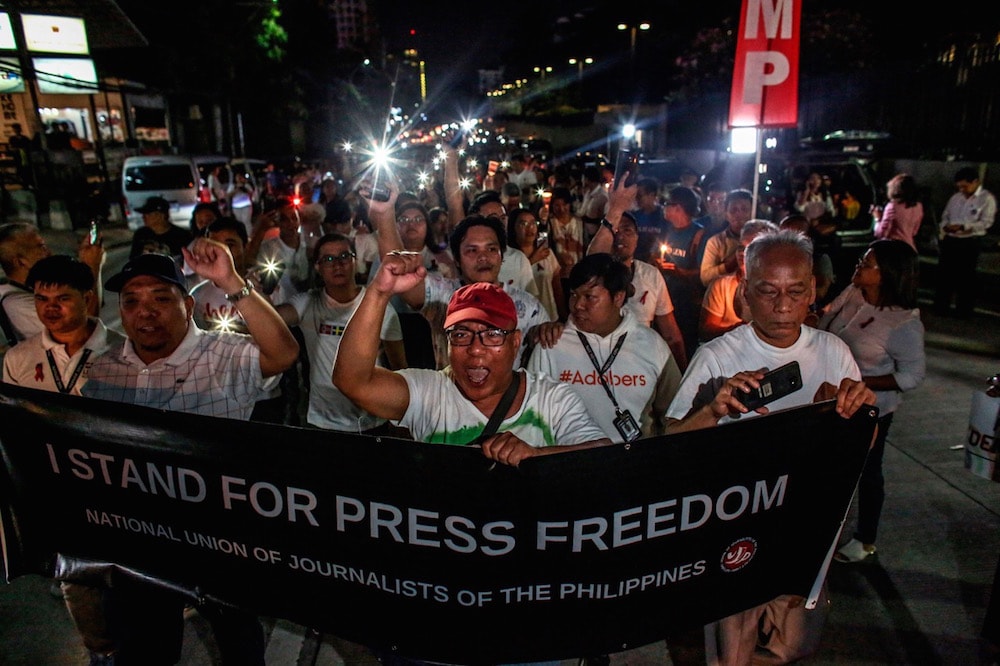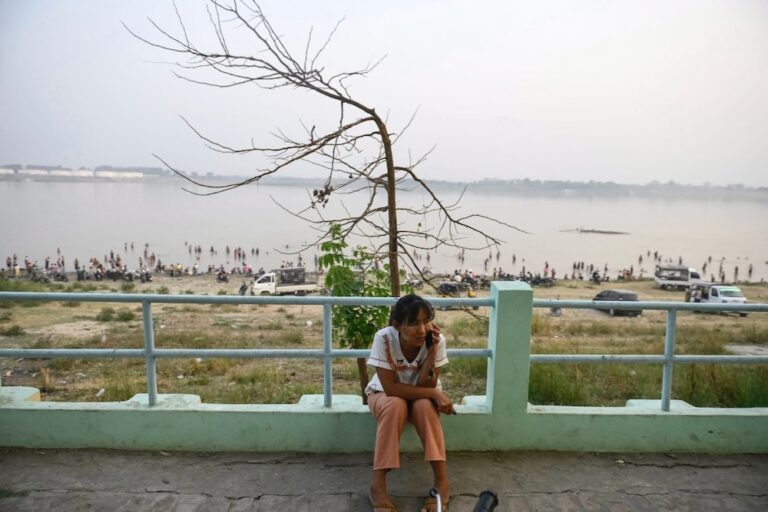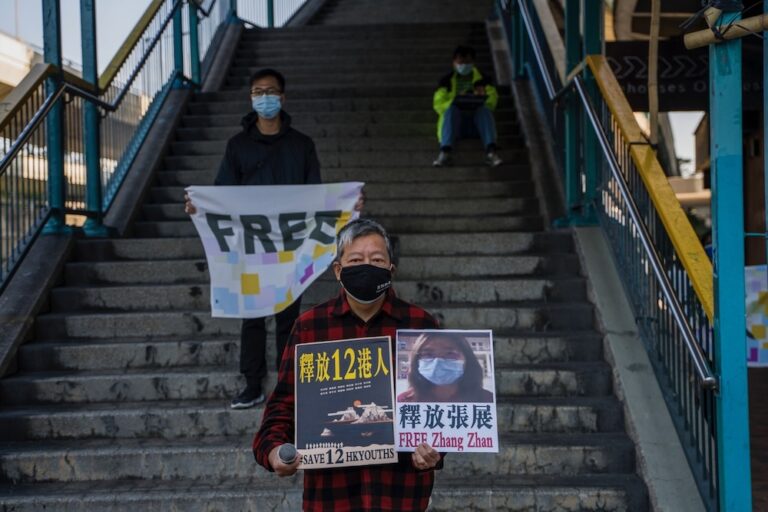The regional conference was themed "Strengthening collaboration, defending press freedom in Southeast Asia".
This statement was originally published on aji.or.id on 13 December 2022.
Six organizations from Indonesia, Malaysia, the Philippines, Cambodia and Timor Leste formed a regional collaboration as a joint response to the deteriorating press freedom climate in most countries in Southeast Asia. They will work together to monitor press freedom and improve security for journalists.
The six organizations are The Alliance of Independent Journalists/AJI (Indonesia), National Union of Journalists of the Philippines/NUJP (Philippines), Cambodian Journalists Alliance Association/CamboJA (Cambodia), The Centre for Independent Journalism (CIJ) and Gerakan Media Merdeka/GeramM (Malaysia), and Journalist Association Timor Leste/AJTL (Timor Leste).
The collaboration was launched through a Regional Conference on Monday, December 12, 2022 in Phnom Penh, Cambodia, themed “Strengthening collaboration, defending press freedom in Southeast Asia”. The conference was also part of the commemoration of International Human Rights Day. The event was attended by around 100 participants from six countries involving journalist organizations, researchers, and international organizations.
The deterioration of the press freedom climate is shown by the strengthening of impunity for crime against journalists. According to the CPJ Impunity Index (2022), the Philippines and Myanmar are among the eleven countries considered “worst” in pursuing journalists’ killers. Media outlets in Southeast Asia face pressure from increasingly authoritarian governments, increased digital attacks, and a number of draconian laws that make it easy for journalists to be dragged to jail.
With the exception of Timor Leste, the press freedom rankings of most Southeast Asian countries according to RSF (2022) are above 100 or in ‘dangerous’ situations. Myanmar has the lowest ranking after the military coup in 2021, the Philippines is ranked 147th and Cambodia is 142nd after continuous attacks by the government. Indonesia is 117th, Thailand is 115th and Malaysia 113th.
Amid the growing threats to journalists’ safety, a number of journalist organizations in Southeast Asia still have the power to fight back. They play an important role in anti-impunity campaigns, advocating for journalists and media outlets targeted by attacks and driving the quality of independent journalism.
Secretary General of AJI Indonesia, Ika Ningtyas, said, “we must continue to see opportunities to work together despite the difficulties. Journalist organizations in Southeast Asia have a long experience of collaboration and this initiative must be revived immediately. Only by strengthening solidarity and collaboration, we can support each other to fight for press freedom in the region and in each country.”
Nop Vy, Executive Director of CamboJA, said, “The regional collaboration is building strong prevention, and protection and brings a strong voice to end the impunity of crime[s] against journalists.”
“Strengthened collaboration and shared experiences are critical for the region at a time when the media face numerous challenges from the State and non State actors,” said CIJ Executive Director, Wathshlah G Naidu.
The president of AJTL, Zevonia Vieira, added that strengthening networking in Southeast Asia would aid the fight for freedom of the press. “Also to collaborate in capacity building to develop, to achieve the quality of journalism in each country.”
Jonathan De Santos, Chairman of the National Union of Journalists in the Philippines, highlighted the work of solidarity within the journalism community and with underreported sectors in the Philippines. NUJP recognizes that the struggle for press freedom is not confined to borders. “Journalism organizations across Southeast Asia need to work together to keep each other safer and make each other stronger.”



